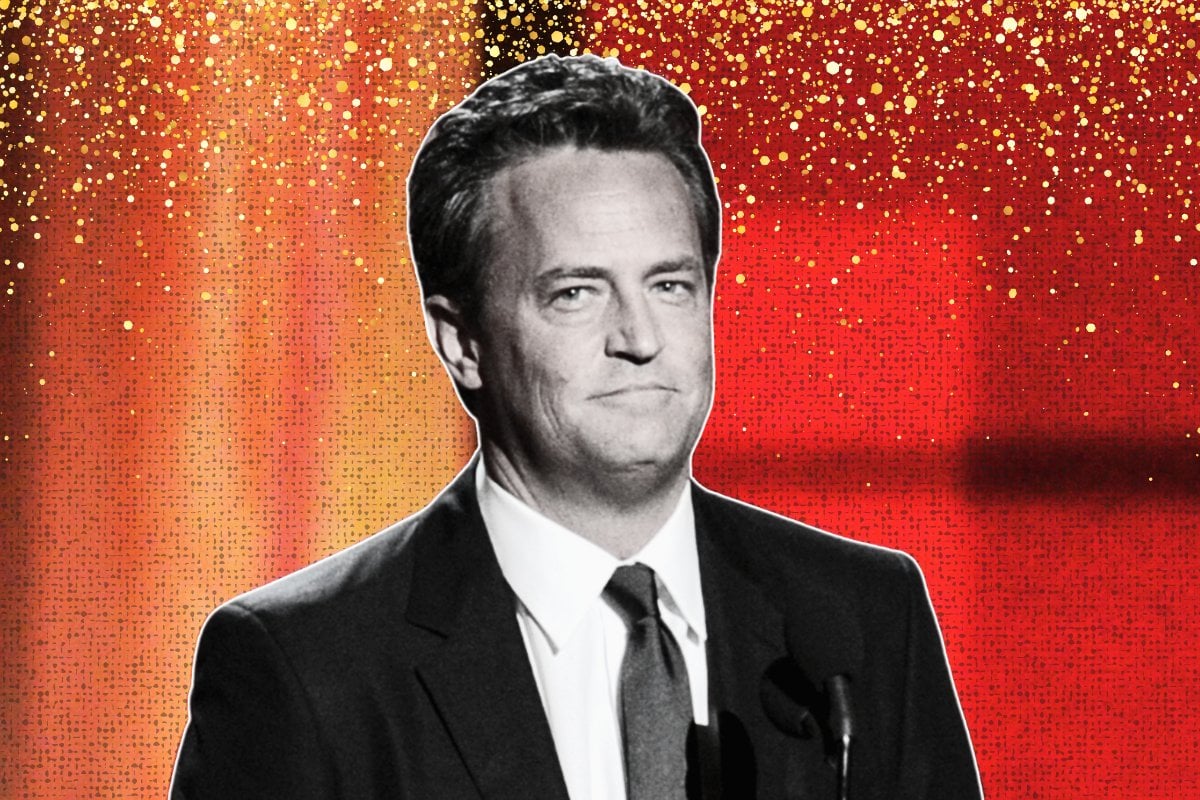
UPDATE: On December 16, Matthew Perry's autopsy results were released. His death was a result of drowning due to the "acute effects of Ketamine". Also present in his system was the prescription opioid buprenorphine, usually prescribed to treat opioid addiction, and the effects of heart disease were also detectable. Fascination with Perry's drug use and with his final days, weeks and hours have only intensified since the findings were released, as if permission has been explicitly given for more speculation, more conjecture, and more judgement. This is exactly what Perry knew would happen.
The original piece reads:
There is little dignity in death for the famous.
Anyone who read Matthew Perry’s blistering addiction memoir, Friends, Lovers And The Big Terrible Thing, knows that what would happen when he was gone was something he had thought about plenty.
The book opens with the statement: "Hi, my name is Matthew, although you may know me by another name. My friends call me Matty. And I should be dead."
He wrote that he knew if he died, the people in his life would be "shocked, but not surprised".
And he wrote that, in a bid to stay alive as he fought his big, terrible disease, he had spent more than half his life in rehab or sober-living centres. And more than nine million dollars.
He was also very aware of the impact his fame had on how he was treated. As an addict, as a patient, and as a mark.
He wrote about the facilities and professionals who wouldn't treat him, or wouldn't acknowledge they'd treated him because they didn't want a "celebrity death" on their books. He wrote about needing 14 different surgeries on his stomach after the long-term painkiller abuse caused his colon to explode, and about how, when it did, the staff at the clinic he was in thought this was another "famous guy" ploy just to get pills.

Top Comments